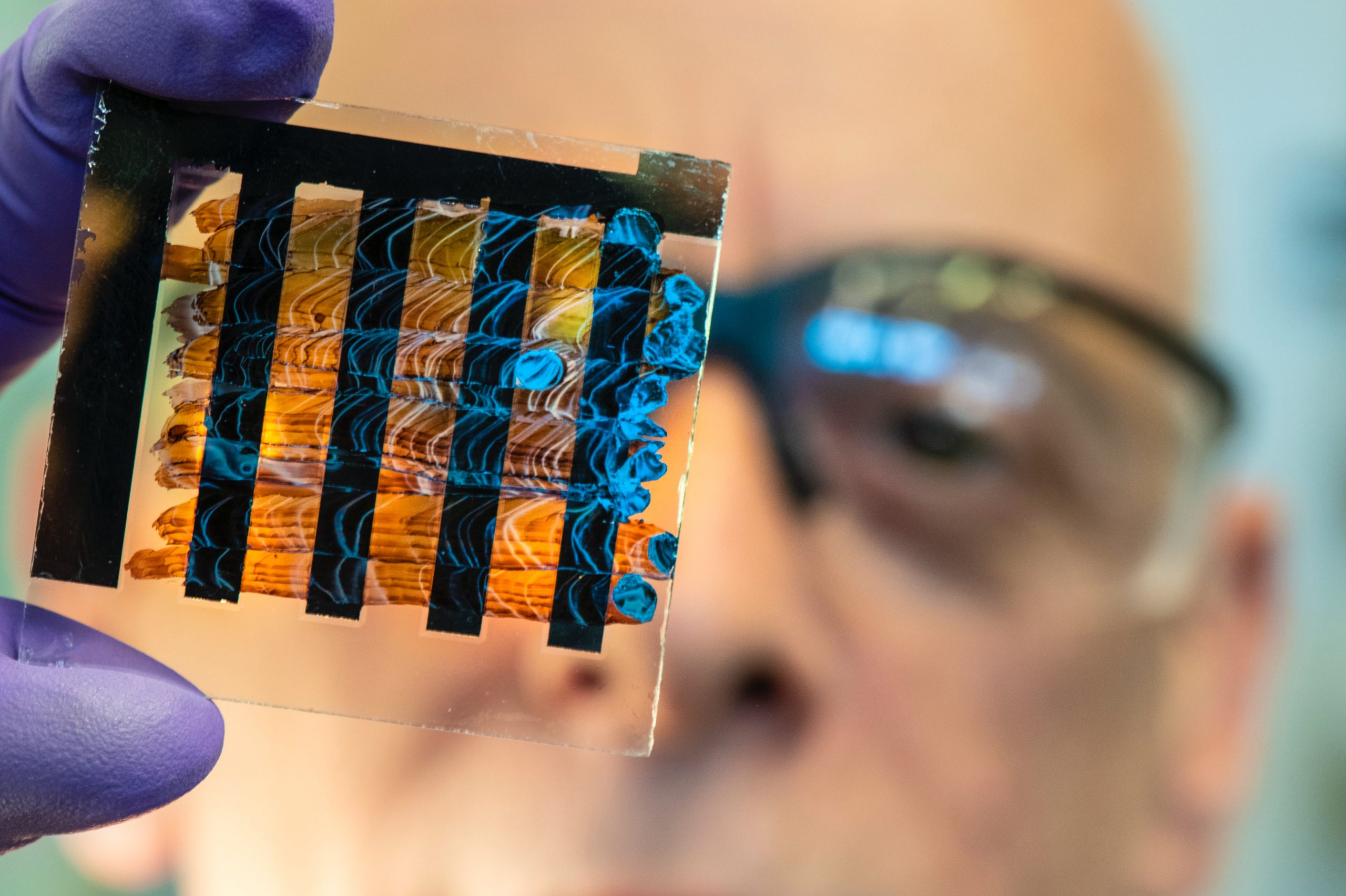
Re-envisioning Reporting of Scientific Methods
Summary
The information contained in the methods section of the overwhelming majority of research publications is insufficient to definitively evaluate research practices, let alone reproduce the work. Publication—and subsequent reuse—of detailed scientific methodologies can save researchers time and money, and can accelerate the pace of research overall. However, there is no existing mechanism for collective action to improve reporting of scientific methods. The Biden-Harris Administration should direct research-funding agencies to support development of new standards for reporting scientific methods. These standards would (1) address ongoing challenges in scientific reproducibility, and (2) benefit our nation’s scientific enterprise by improving research quality, reliability, and efficiency.
The Federation of American Scientists supports Congress’ ongoing bipartisan efforts to strengthen U.S. leadership with respect to outer space activities.
By preparing credible, bipartisan options now, before the bill becomes law, we can give the Administration a plan that is ready to implement rather than another study that gathers dust.
Even as companies and countries race to adopt AI, the U.S. lacks the capacity to fully characterize the behavior and risks of AI systems and ensure leadership across the AI stack. This gap has direct consequences for Commerce’s core missions.
As states take up AI regulation, they must prioritize transparency and build technical capacity to ensure effective governance and build public trust.